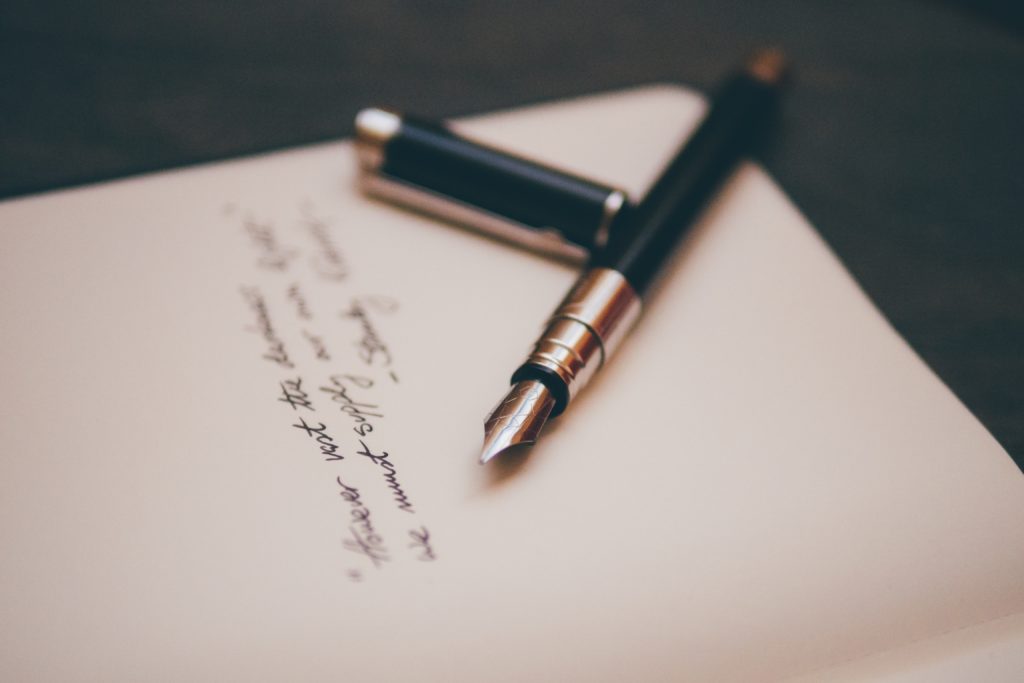From philanthropic efforts to deciding who gets that precious family heirloom, leaving a lasting legacy requires more than just deciding who gets your money.
When the time comes and it’s our turn to shuffle off, we all want to feel like our life mattered, like we’ve made our mark on the world we leave behind. One way to ensure this happens is to think about your legacy – and that doesn’t just mean simply dividing and assigning your assets.
Sharing family values and philanthropic endeavours are just some of the ways you can make a truly lasting contribution.
Make a charitable bequest
If you decide to make a charitable bequest in your will, speak with your lawyer about the best way to go about it. You can offer specific instructions for gifts to your chosen charity – such as leaving a percentage of your estate, a sum of money, or other assets such as property, stocks or shares.
But before you choose your bequest – find a benefactor who means something to you. Conduct your own research into the credibility and work of the organisation and make sure they’re a registered charity. If you’ve required specific medical support in your life, perhaps you could make a donation to further research in that field? Was your grandchild born prematurely? Neonatal intensive care units are always in need of support to upgrade equipment.
From there remember the devil’s in the detail – ensure the charity of your choice is correctly described in your will. This means using the appropriate legal name and address of your charity to avoid any confusion. You can also choose to specify a particular project or purpose you’d like your gift to be used for, such as investing in a specific piece of medical equipment.
Set up a trust fund
If you choose to keep things closer to home, setting up a trust fund for your children or grandchildren will see them in good stead when the time comes for further education, travel, or even buying their first home. It’s also a great way to ensure your assets go to the right people.
The exact process for setting up a trust will depend on the type you choose – so to begin with you’ll need to determine the reason for the trust and decide who your beneficiary or beneficiaries will be. If your goal is to help your grandchild pay for college for instance, your adviser might suggest an education trust. While you can opt to do this yourself online, enlisting the expertise of a lawyer will ensure you have the guidance of a professional who knows how to navigate the complexities involved.
List the little things
Some people in this world will be able to contribute to causes that leave the world unequivocally changed. But that doesn’t mean those of us leaving a more modest legacy are any less important.
A small contribution to your local park or church will always be gratefully received. Have you or someone dear to you spent time in a care home? A new piano would do wonders for those group sing-a-long sessions. Or if you’re an animal lover, a donation to a local dog shelter is another way to show how much you care.
But remember, money isn’t everything. Leaving a legacy can mean so much more than dollar signs, especially to those closest to you. Your wedding ring, a family photo album or even the cricket bat you used in all those backyard tournaments with the kids – these are the things that matter most to those closest to you. So take the time to make a list of the little things and ensure they’re included in your will.
When all’s said and done, your son won’t remember dollars and cents, he’ll remember how you read him Rumpelstiltskin every night for months on end. Your daughter will remember your handwritten recipe book, dusted in equal measures of cocoa and pasta sauce, because self-saucing chocolate pudding and lasagne were always her favourite at family dinners.
After all, that’s what leaving your mark on this world is all about.




























Trending